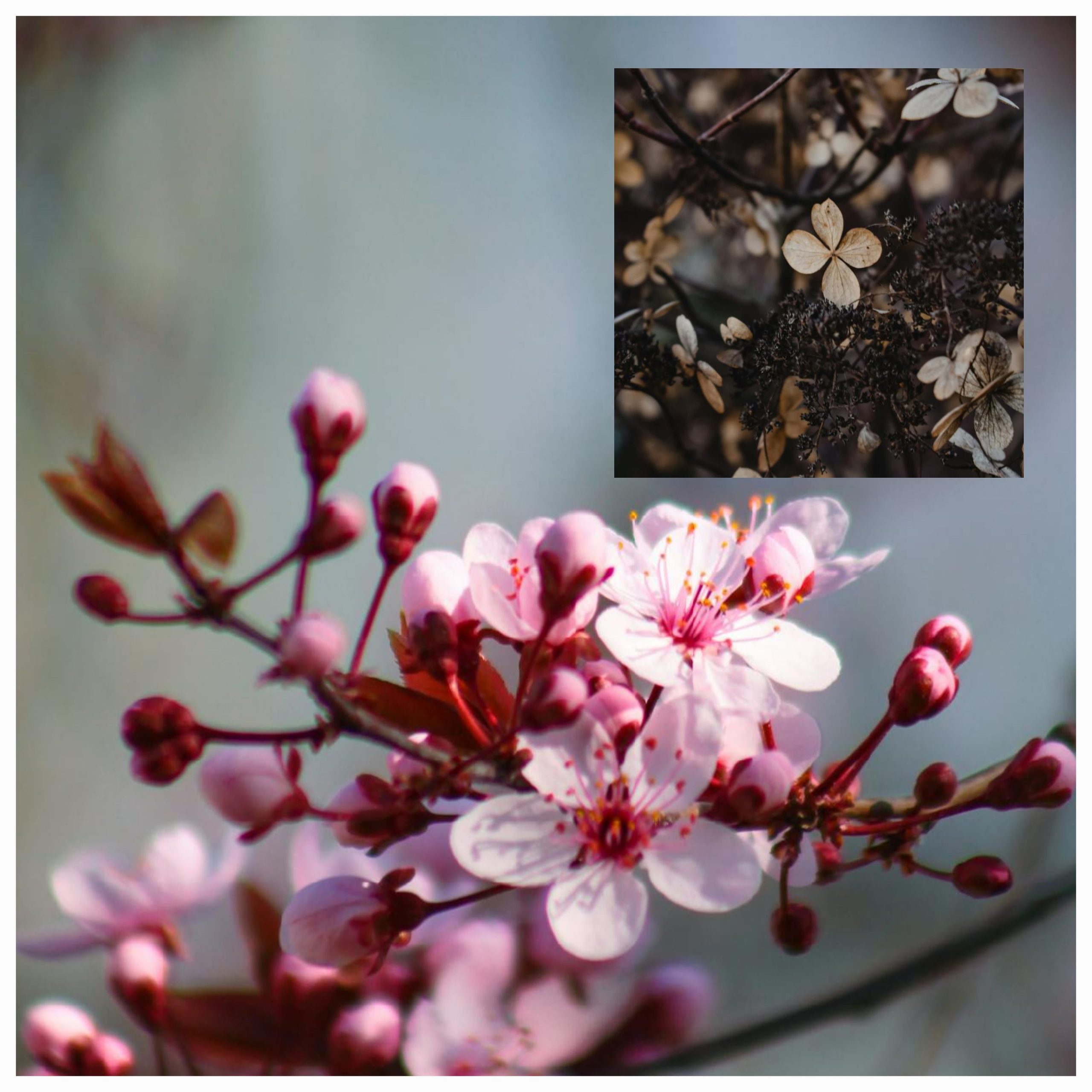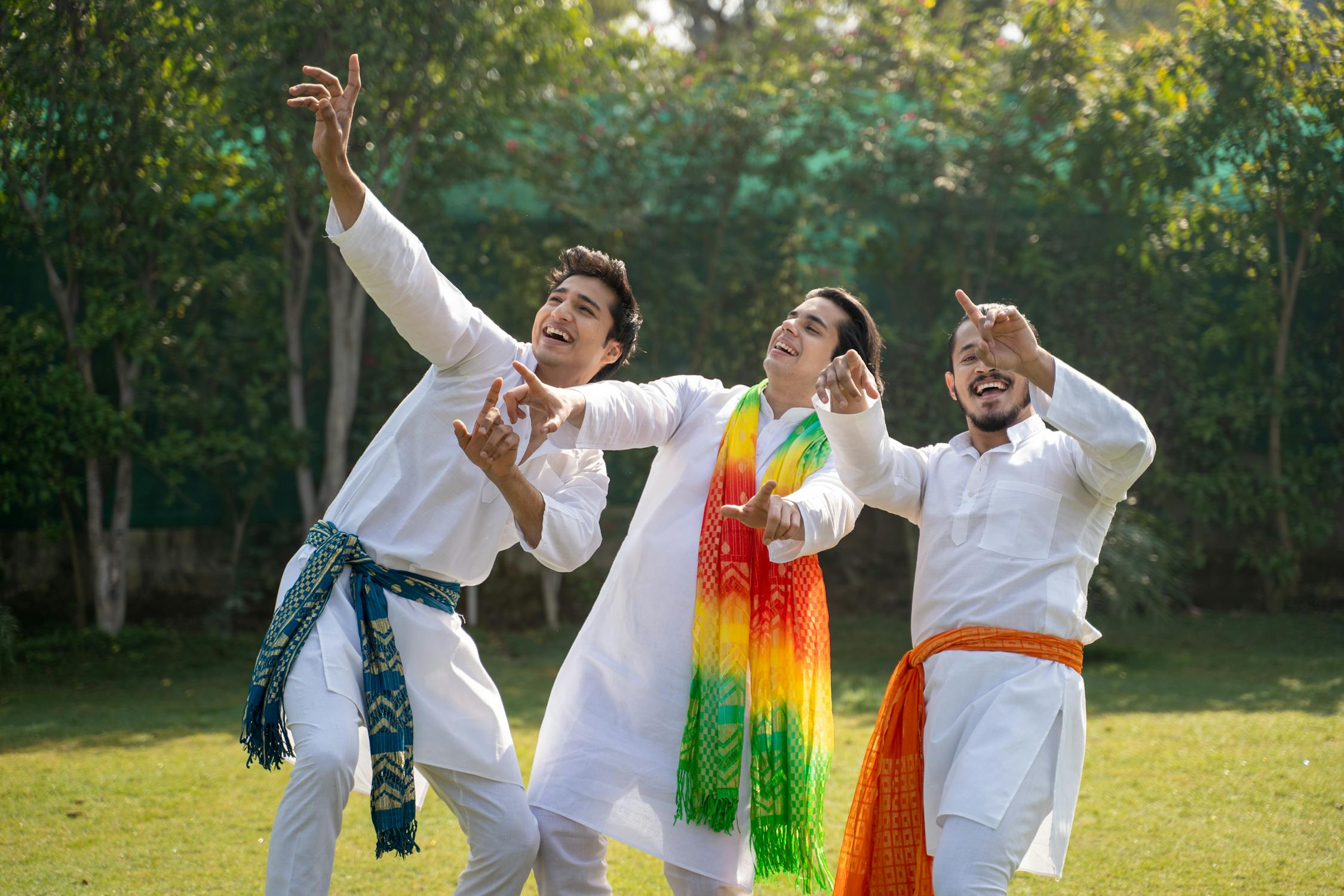
Aging is an extraordinary process where you become the person you always should have been
David Bowie
Scratch the surface, and you will find an extraordinary commonality between the seemingly diverse stories of Raja Yayati in The Shrimad Bhagvatam, Tennyson’s poem Tithonus, based on the Greek myths and the first book of the Harry Potter series: The Philosopher’s Stone. All of them talk about an endless search which humans have persisted in for millennia, thanks to the seeming horror which most of us have for the passage of time which takes away that which we think is most precious: the search for everlasting youth and vitality.
Tithonus, according to the Greeks was a Trojan prince, who caught the eye of an immortal: Eos, the goddess of dawn. While catching the eye of an immortal might seem like a dream come true for many (for what could go wrong in the heavens), this one did go south when she asked Zeus, the king of the Gods to confer on him the gift of immortality, but forgot to ask for everlasting youth! Tithonus thus found himself so ancient and decrepit that he was literally covered in moss and lichen, until Eos in her mercy (or perhaps it was just horror at his appearance, you never can trust the Greek pantheon if you have read the mythology), turned him into a grasshopper, of all creatures, probably because of his wizened appearance!
As far as Potter world went, there was nothing very philosophical about the Philosopher’s Stone, except its name. It was an invention of a wizard named Nicolas Flamel which produced an elixir, which when drunk, conferred eternal youth and life to the drinker.
Yayati, of course is a different story, literally, because it serves more as a warning about the cost breaking a promise, of hedonism, constant gratification of the senses and the inevitability of aging, better suited to the modern age where apparently educated doctors either by commission or omission forget not just the reality of shortened telomeres and coin the stupid term ‘reverse aging’ (which seriously raises my hackles so much that I confess to trying to bean the next person who uses it with whatever comes to hand) but the commonsense of at least pretending to act only slightly less mature than their age. If my recent experiences are to be believed, I have met so many fifty-going -on five people, that I have started throwing tantrums like a two- year- old. But again, I digress, or perhaps ramble as is suited for my age.

Right, so back to Yayati and his (Y) antics. This venerable ancestor of Shri Krishna, himself no less, was smitten by Devyani, the only beauteous daughter of the asura guru, Shukracharya. You would have thought that he would have had more sense than messing with a demon Dad and daughter duo, but then again love is blind, deaf, and most importantly, dumb (yes, I meant both literally and figuratively) and all he could do was nod meekly in mute agreement when exhorted by Shukracharya to never betray his beloved (if slightly shrewish) daughter and take another spouse. So far, so good.
But here lay the nub, for along with Devyani came her sweet natured maid-cum-companion, the asura princess, Sharmishtha (how she became a maid is a story for another day). Yayati miscalculated his youth and its misadventures and not only married the maid but also fathered two sons! Enter one furious wife, followed by an even more furious demonic dad who uttered the curse of doom: Yayati would lose his youth in his prime! You would have thought that this particular cloud would not have any silver lining, but it did. The curse could be lifted if one of Yayati’s sons willingly gave up his youth and accepted his father’s age instead. Now, Yayati had no dearth of sons. Five, three of Devyani’s and two of Sharmishtha’s to be precise, but upon hearing what their father had to say, four of them scattered immediately, leaving Puru, the youngest, old before his time. Yayati, now, young as ever ruled for another thousand years, (or maybe they just seemed a thousand to the long-suffering Puru) but he knew that every moment of it was borrowed time. Finally seeing the light, he realized the folly of not only chasing after youth, but misusing it, and handing his ill- gotten gain back to its rightful owner, his son, he gladly departed this world for higher realms.
This obscure little tale resonates as well in the Kali-Yug as it did in Dwapar. Perhaps, even more so when society in its bid for progress marches towards a cosmetic youth which leaves one neither here nor there. Yes, sailing the unchartered waters of age might seem all eddies and whirlpools, but that itself is ironically a way of staying young: exploring the newer horizons which the passing years lay before you.
Plastic surgery, cosmetic gynecology, Botox, revitalizing drugs, sera, and creams apart, no procedure or elixir has yet been invented for smoothening the wrinkles of the mind. And these true wrinkles of age neither know nor care about your chronological one. For every Nachiketa and Markandeya who realize the Universal truth during teenage and become the realized ones, we have a Jarasandha and Dhritarashtra clinging to the lost power of youth at age one hundred and eighty. And thus, on the one hand while we talk casually about age being just a number, we are ready to shell out the necessary rupees, dollars, pounds, or yen to companies who sell bottled dreams in the form of creams so that the mirror on the wall still proclaims us the ‘fairest one of all’

Under the clever guise of necessity and keeping up with the times, we are ready to put ourselves under the knife, if necessary, to stay tightened, brightened, and whitened in all the right places so that the laws of attraction call it a day on encountering us. Glossed over under the cover of ‘moving with the world’ does not make it any less puerile or futile since it is only a question of time before that which is ‘done’ comes ‘undone’.
Acceptance of anything new is not something which comes easily to us, modern humans. And age, and the limitations which come with it are perhaps the most frightening of all. Though it is not easy, a glimpse of the terrified toddler on its reluctant way to school can also be seen in the eyes of a middle-aged matron slapping on the war-paint with unexpected vigor or the gentleman of genteel years trying to tuck in the tummy with a belt cinched just a bit too tightly.
Worm holes and time travel portals notwithstanding, the years march on only in the forward direction for human-kind. Realizing that there is nothing to be afraid of since we are part of a great universal cycle would be a good place to accept aging gracefully. Keeping yourself healthy, fit, and as young as maturity and commonsense allow you is a great leap forward to live life to the fullest, no matter what season of life you may be in. The day we acknowledge that fifty-four- year- olds are not youth leaders and that maturity and dignity also lead a grace to life will be day we truly live young and free for we will have cast of the enticing snare with which youth tries to enslave us.
When we gain the confidence of accepting everything as it comes, will we truly have learned the lesson of Yayati’s youth.

5 replies on “Yayati’s Youth”
How true , we should all try to accept reality and embrace ageing gracefully .
Again a well written concept 👌
congratulations 🎊
Indeed. A thought provoking write up nicely worded.
what a beautiful write up!! vivid, great Yayatization of the modern so called antidotes to ageing!! loved it!!
Just too good.
VERY RELEVANT in today’s date and day.
Nice writeup. ” no procedure or elixir has yet been invented for smoothening the wrinkles of the mind.”…..nice thought indeed.
The reference to the “War paint” once again reminded me of your superb book.